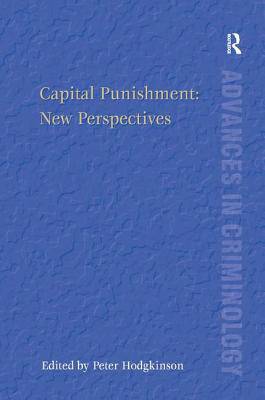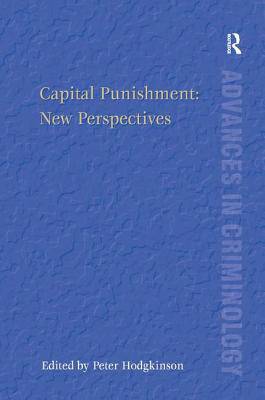
- Afhalen na 1 uur in een winkel met voorraad
- Gratis thuislevering in België vanaf € 30
- Ruim aanbod met 7 miljoen producten
- Afhalen na 1 uur in een winkel met voorraad
- Gratis thuislevering in België vanaf € 30
- Ruim aanbod met 7 miljoen producten
Zoeken
Omschrijving
This collection asks questions about the received wisdom of the debate about capital punishment. Woven through the book, questions are asked of, and remedies proposed for, a raft of issues identified as having been overlooked in the traditional discourse. It provides a long overdue review of the disparate groups and strategies that lay claim to abolitionism. The authors argue that capital litigators should use their skills challenging the abuses not just of process, but of the conditions in which the condemned await their fate, namely prison conditions, education, leisure, visits, medical services, etc. In the aftermath of successful constitutional challenges it is the beneficiaries (arguably those who are considered successes, having been 'saved' from the death penalty and now serving living death penalties of one sort or another) who are suffering the cruel and inhumane alternative. Part I of the book offers a selection of diverse, nuanced examinations of death penalty phenomena, scrutinizing complexities frequently omitted from the narrative of academics and activists. It offers a challenging and comprehensive analysis of issues critical to the abolition debate. Part II offers examinations of countries usually absent from academic analysis to provide an understanding of the status of the debate locally, with opportunities for wider application.
Specificaties
Betrokkenen
- Auteur(s):
- Uitgeverij:
Inhoud
- Aantal bladzijden:
- 408
- Taal:
- Engels
- Reeks:
Eigenschappen
- Productcode (EAN):
- 9781472412201
- Verschijningsdatum:
- 9/12/2013
- Uitvoering:
- Hardcover
- Formaat:
- Genaaid
- Afmetingen:
- 156 mm x 234 mm
- Gewicht:
- 748 g

Alleen bij Standaard Boekhandel
+ 580 punten op je klantenkaart van Standaard Boekhandel
Beoordelingen
We publiceren alleen reviews die voldoen aan de voorwaarden voor reviews. Bekijk onze voorwaarden voor reviews.











